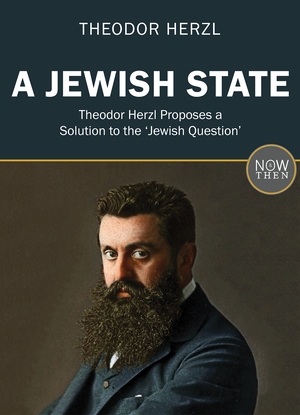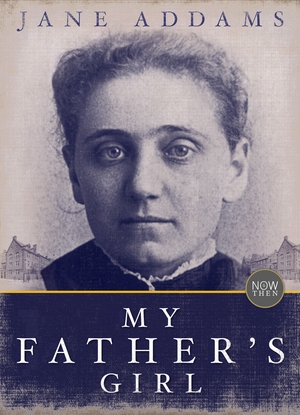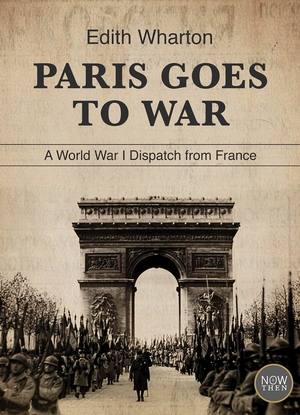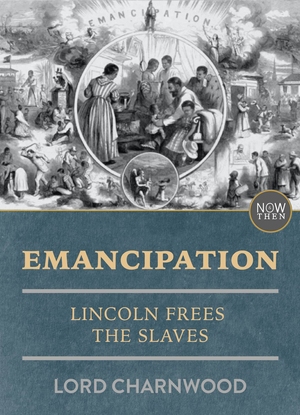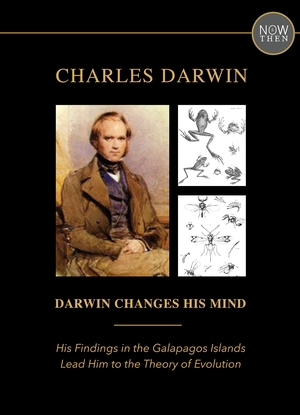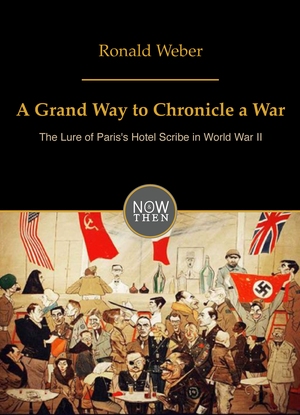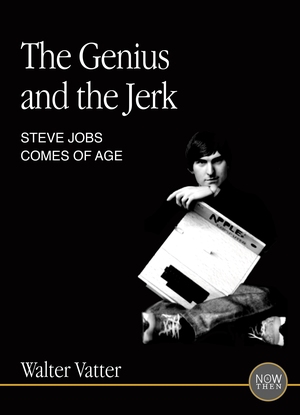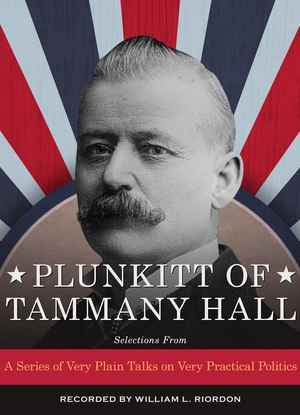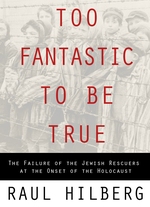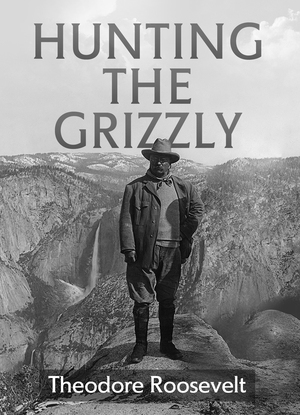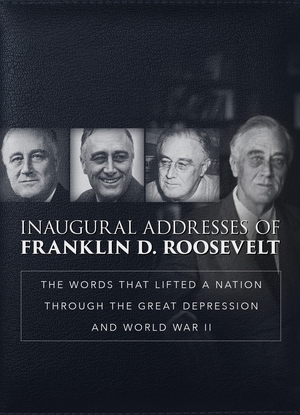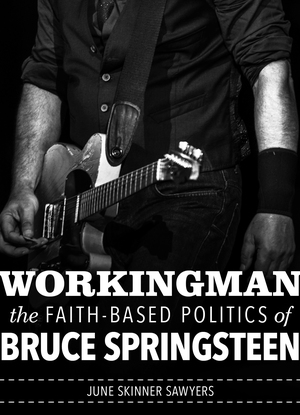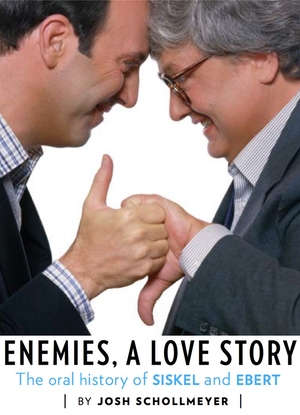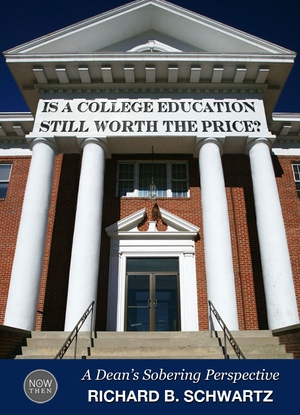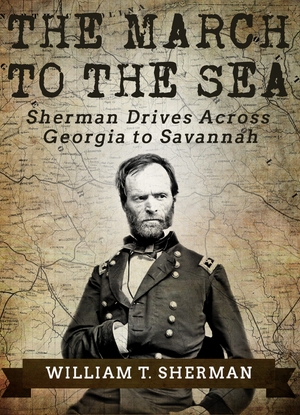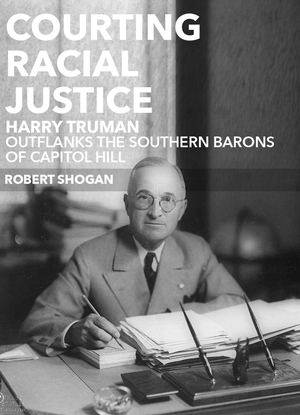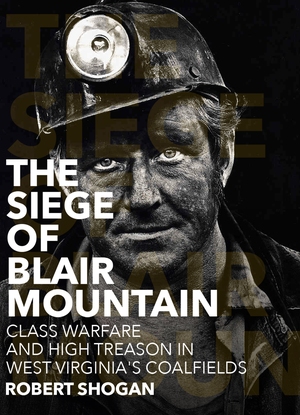Nonfiction Books and Essays
Featuring good writing for serious readers, Now and Then short-form nonfiction books and essays are available exclusively as Kindle books, Nook Books, iPad books or ebooks for other popular mobile devices.
Each week, we publish original titles, excerpts from forthcoming books, and reprints of work worthy of being read again. We focus on writing that is historically based but also has relevance for present day events.
Our latest titles can be found in the list below.
by Theodore Roosevelt
American History, U.S. History, Sports History, EducationOn his Dakota ranch, Theodore Roosevelt learned to ride Western style, rope, and hunt. Already at twenty-seven a serious historian and author, he began writing about the frontier life. His account of confrontations with grizzly bears shows us how unusual was this American president.
The Words That Lifted a Nation Through the Great Depression and World War II
by Franklin D. Roosevelt
American HistoryAmong his other accomplishments, Franklin D. Roosevelt was the first president in American history to be elected four times. Upon each of FDR’s inaugural addresses, the nation faced different problems. Some progress had been made, but many problems had not yet been overcome; and meanwhile new challenges or perils lay on the horizon. In his addresses, Roosevelt offered the people a candid appraisal and sometimes sought to prepare them for circumstances that lay ahead.
The Faith-Based Politics of Bruce Springsteen
by June Skinner Sawyers
American History, MusicThe working-class hero of rock music is Bruce Springsteen, who sings of the troubles and joys in the everyday lives of small-town Americans. At times Springsteen has been accused of being a romantic or, even worse, just a liberal; but he’s also been celebrated as a visionary, a troubadour whose insights into the struggles of common folk also touch on the larger themes of disenchantment with the American Dream. Springsteen came only gradually to a political message in his music. The course of his development is traced in this revealing portrait by June Sawyers.
The oral history of Siskel and Ebert
by Josh Schollmeyer
United States History, American History, U.S. History, Television HistoryRoger Ebert and Gene Siskel, competing Chicago film critics, started out as enemies in print. When someone put them together on TV to critique coming attractions, they became legendary—and friends, but no less acerbic. Witty and engaging, in the end they stood tallest when they stood together.
A Dean's Sobering Perspective
by Richard B. Schwartz
United States History, EducationA former dean looks at American higher education and finds the value of a college education now highly problematic. With an insider's knowledge, he describes the hidden costs behind exploding tuition costs that are creating a two-tiered society.
Sherman Drives Across Georgia to Savannah
by William T. Sherman
Military History, American History, U.S. HistoryThe most controversial Civil War general was William T. Sherman, an indelible figure whose march through Georgia and the Carolinas typified his unrelenting style of warfare that showed the South no quarter. Sherman’s Memoirs may not be as direct as Grant’s, but they make no compromise. They are the work of an intelligent and literate man who brought to modern warfare a new sensibility that was later to become a subject of ongoing debate. Here is his account of the march from Atlanta to Savannah in November and December 1864, the prelude to Confederate surrender.
Harry Truman Outflanks the Southern Barons of Capitol Hill
by Robert Shogan
United States History, Political Science, American History, U.S. History, U.S. GovernmentPresident Harry Truman skirted Congress and boldly used the Justice Department to support the rights of black Americans. How he did it, and his effort’s lasting consequences, are told in this sharply observed account.
Class Warfare and High Treason in West Virginia's Coalfields
by Robert Shogan
United States History, Political Science, American History, U.S. HistoryThe so-called Roaring Twenties were not only about loose morality and a devil-may-care display of opulence. In the byways of America, working men and women were seeking labor justice and struggling against the entrenched powers of capitalism. Nowhere was this struggle more poignant and important than in the coalfields of West Virginia. There in the 1920s the United Mine Workers confronted the coal operators who sought to bust their union. The ensuing conflict, violent and bloody, had much to say about the future of relations between working people and their bosses in America.
